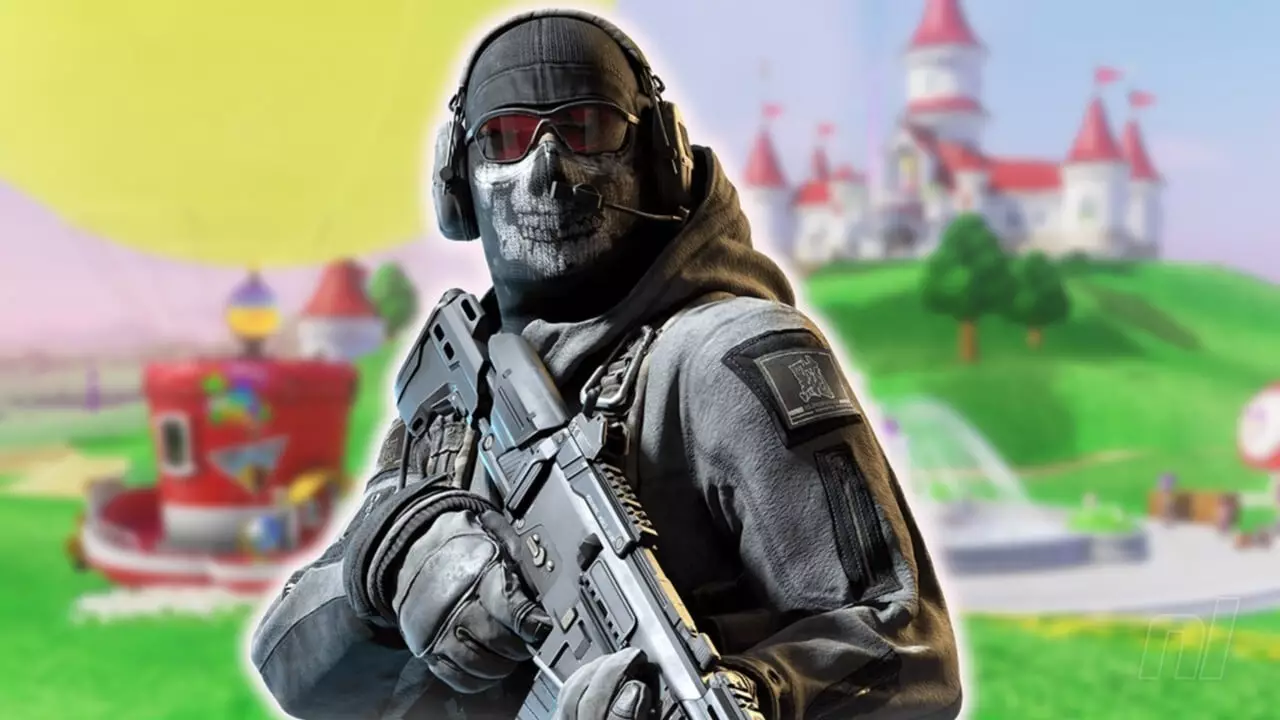Nintendo’s journey has often mirrored that of a storied yet unpredictable artist, navigating through waves of both critical acclaim and commercial uncertainty. In its earlier years, the gaming giant relied heavily on its treasure trove of first-party titles to maintain relevance. However, the launch of the Nintendo Switch marked a profound shift. The hybrid console has not only redefined gaming portability but has also enabled a more collaborative relationship with third-party developers, breathing new life into Nintendo’s software library.
The catalyst for this transformation has been Nintendo’s conscious effort to foster strong partnerships with other software publishers. Recent financial disclosures from Nintendo underline this new approach, revealing “significant improvements” in both the development environment offered to third-party developers and the support provided. The introduction of the Nintendo Developer Portal has been monumental in this regard, simplifying the development process. This centralized platform offers resources that were previously hard to come by, creating an inviting atmosphere for developers eager to release games on the Switch.
Nintendo has made strides to equip third-party developers with valuable resources like versatile middleware, including popular game engines such as Unity and Unreal Engine. Furthermore, offering cost-effective development kits exemplifies Nintendo’s commitment to making the Switch an attractive option for creators. As a result, the gaming landscape on the Switch has flourished, showcasing an expanding roster of titles from prestigious publishers such as Microsoft, Electronic Arts, Bandai Namco, and Capcom. This newly invigorated ecosystem illustrates how adaptive strategies can yield substantial dividends.
The fruits of these collaborations are evident in sales numbers, with nearly half of software units sold since March 2021 attributed to third-party titles. This figure excludes the numerous digital-only games available, suggesting an even broader spectrum of engagement from external developers. First-party releases continue to shine, but the true success story lies in the rich variety of gaming experiences now available on the platform due to these enhanced third-party partnerships.
The momentum does not appear to be slowing down. Recent presentations from Nintendo have confirmed a solid pipeline of upcoming third-party titles slated for release through 2025, featuring fan-favorites like Dragon Quest I & II HD-2D Remake, Suikoden I & II HD Remaster, and Guilty Gear Strive. Perhaps most notable is Microsoft’s groundbreaking 10-year commitment to bringing the iconic Call of Duty series to Nintendo’s platforms, signaling a significant investment in the future of Nintendo gaming.
As Nintendo continues to traverse this revitalized path, the future beckons with the promise of even more support from third-party developers. Gamers are left wondering what other publishers might join the fray to enrich the Nintendo ecosystem. The possibilities seem limitless, and as Nintendo pushes to broaden its horizons, it will be fascinating to witness how these collaborative efforts evolve and shape the gaming landscape in the coming years. Are you among those eagerly awaiting the next wave of third-party titles on the Switch? The stage is set for an invigorating gaming experience led by innovation and collaboration.

